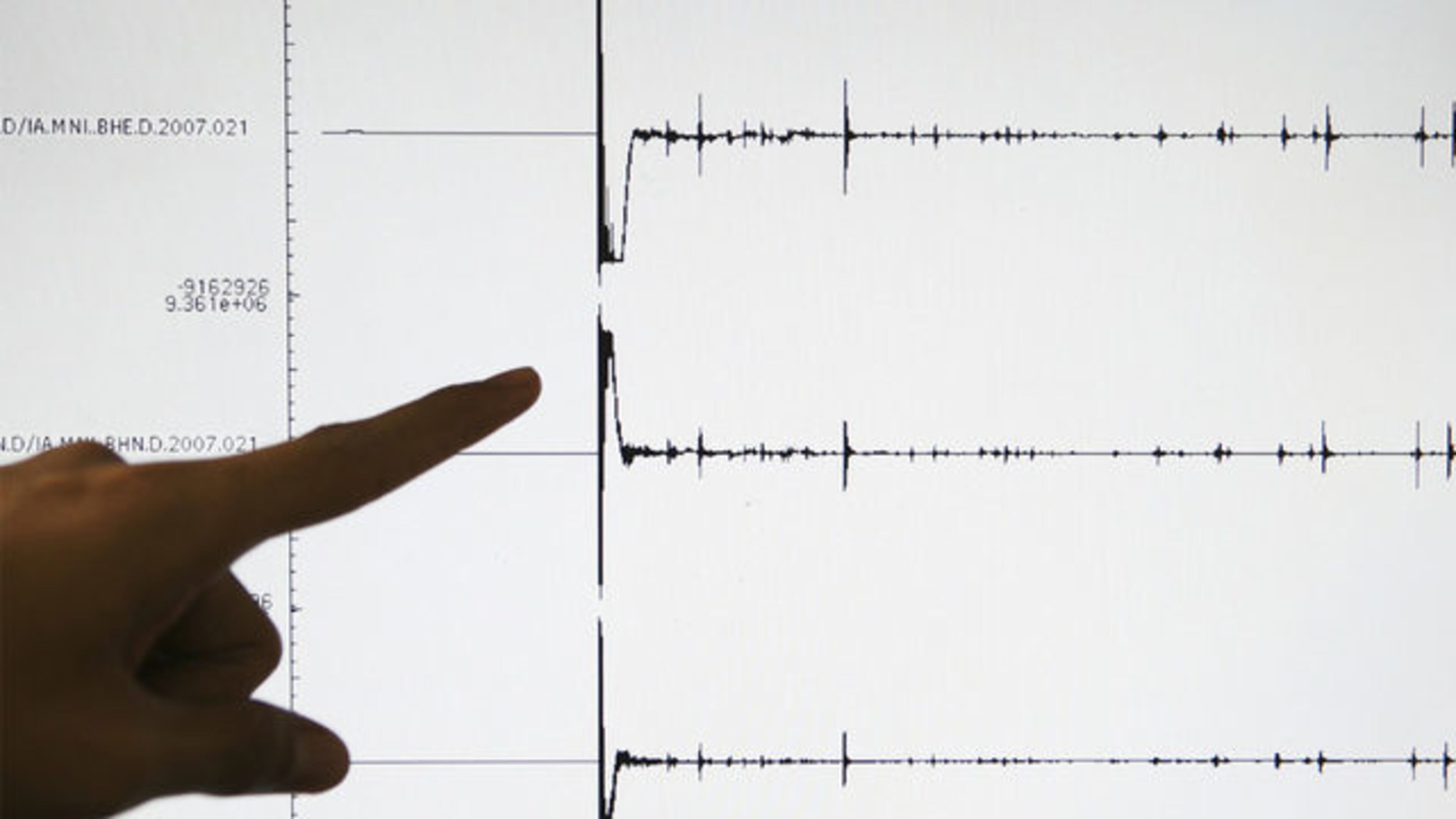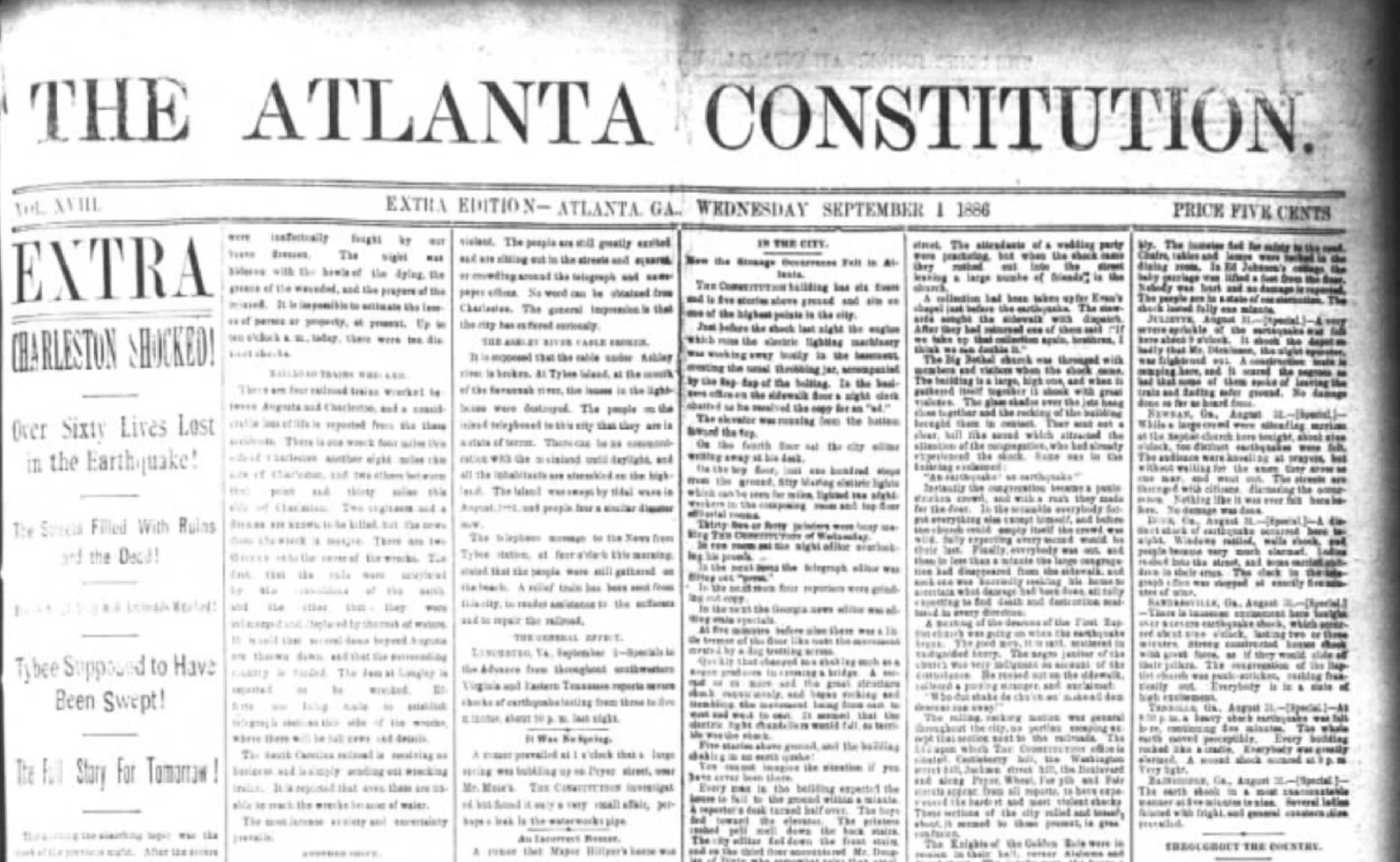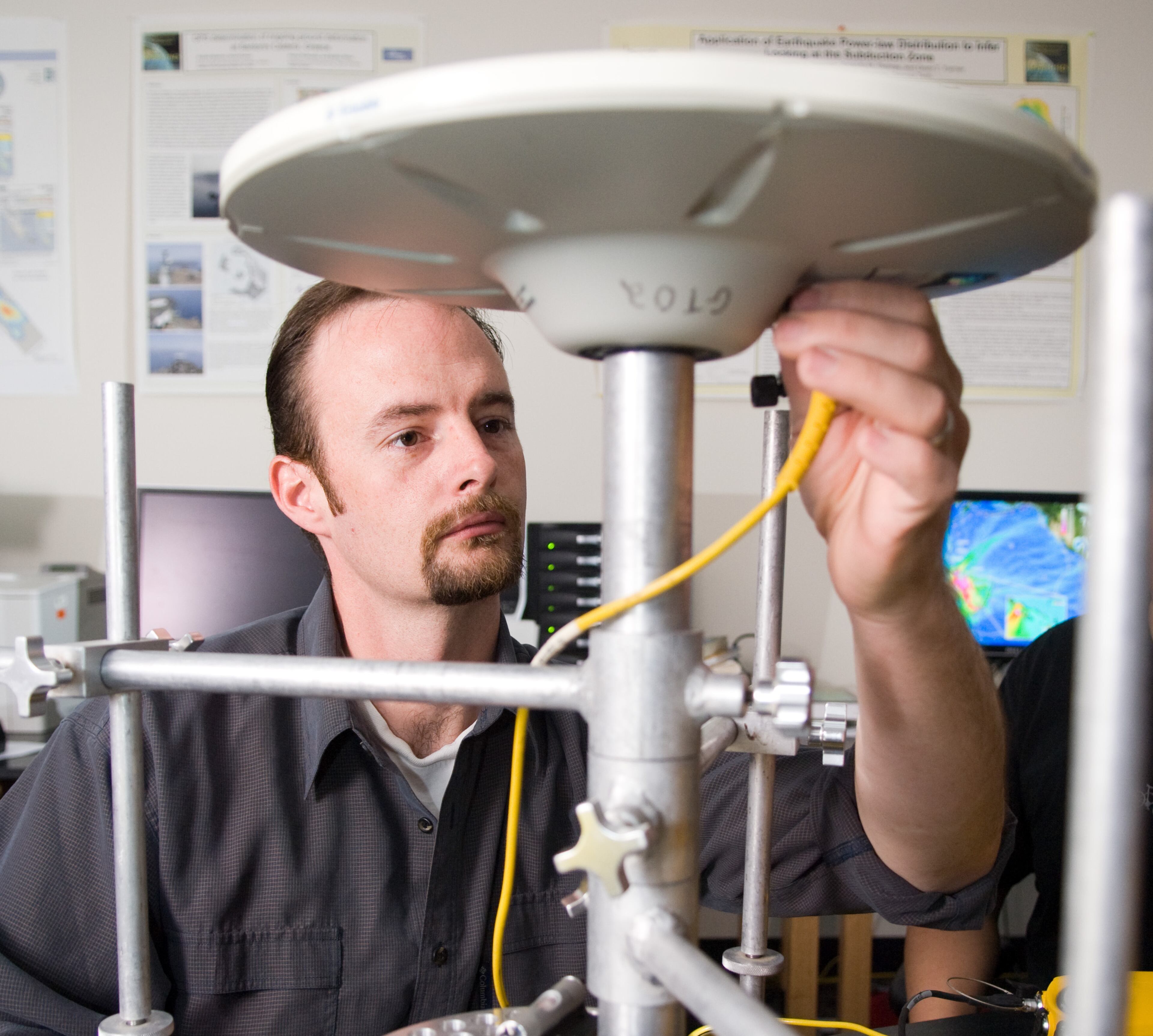NEW DETAILS: Why Atlanta felt an earthquake that struck in Tennessee

The magnitude 4.4 earthquake that shook many metro Atlantans awake on Wednesday morning felt more powerful than a quake of the same strength would have on the west coast.
“Eastern United States earthquakes travel farther. It’s because we have really strong rock beneath us,” explained Andrew Newman, a professor at Georgia Tech’s School of Earth and Atmospheric Sciences. “A magnitude 3 here radiates a lot farther, and shakes like a magnitude 4 in California.”
» MORE: The earthquake struck two miles from a nuclear plant
How common are earthquakes in Georgia?
The temblor emanated from east Tennessee, where it was the strongest on record, at about 4:15 a.m. While it took many by surprise (and, naturally, began trending on social media), the event wasn’t out of the ordinary, Newman said.
“These little events are kind of nice, kind of a wake up call,” he said. “We don’t necessarily live in an ‘earthquake zone,’ but our earthquake risk is not zero.”
No place is entirely free of such activity, he added, although certainly the west coast is far more commonly considered quake country.
“Our topography is a lot older,” he said. “The Appalachian Mountains used to look like the Himalayas.”
Millions of years of erosion has whittled down the eastern U.S. mountain chain, while on the other side of the country,
“the topography is active and dynamic,” Newman said.
The powerful 1886 earthquake that struck Charleston is the most significant seismic event in modern history in this region. It caused at least 60 deaths and more than $5 million in damage. Thousands of buildings, including Charleston’s Emanuel AME Church, were leveled.
Here’s an exhaustively researched, 200+ page government report about it.

The powerful quake, estimated to have been a high-6 magnitude event, was felt in Atlanta and throughout the southeast. It was front-page news in the Atlanta Constitution for days.

It’s possible that other such events have been felt in this region, but records don’t exist to reflect it.
“It’s really because we haven’t been around long enough,” is how Newman put it.
As with hurricanes, measured in category 1-5 strength levels, earthquake strength grows exponentially from one magnitude to another. Experiencing a magnitude 3 event in our region isn’t at all unusual, but more powerful quakes happen with far less frequency.
“The unfortunate thing is we never know when a magnitude 7 is going to strike,” Newman said.
He didn’t actually realize metro Atlanta had experienced an earthquake until he read about it.
“I woke up but I wake up pretty frequently at that time,” he said, figuring the shaking might have roused him but that he didn’t realize it at the time. “I looked at the clock and went back to sleep.”




